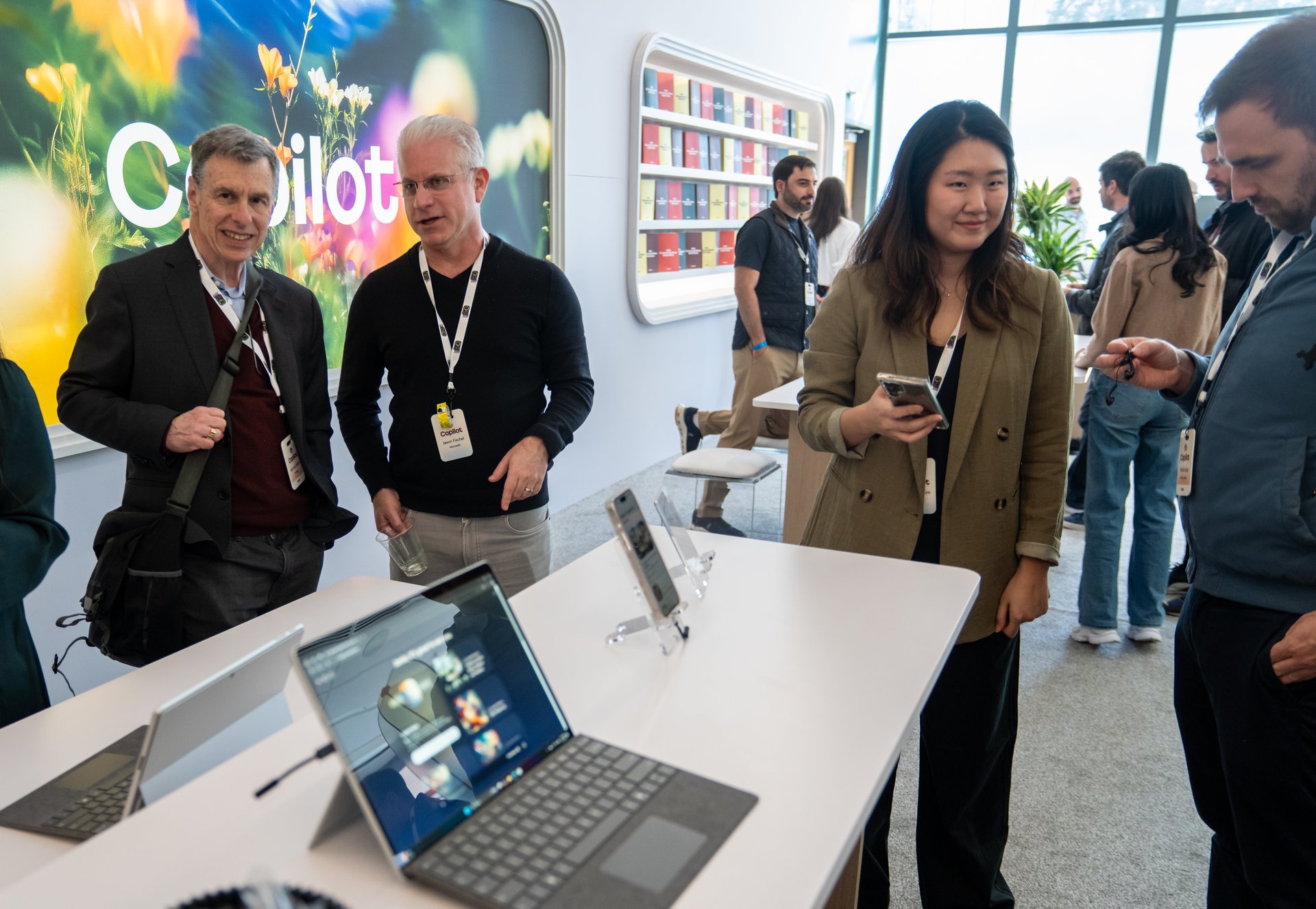AI is making workers anti-social in the office, Microsoft says
A new Microsoft report found that people are using artificial intelligence to avoid working with their colleagues

Office workers are turning to AI when they’re too embarrassed to ask their colleagues questions, according to Microsoft’s (MSFT) 2025 Work Trend report.
Suggested Reading
Microsoft surveyed 31,000 workers in 31 countries to ask how they are adapting to working with AI. While it found more people are turning to AI for its unique capabilities, plenty of people are using it to avoid human interaction.
Related Content
Seventeen percent of those surveyed said they use AI out of fear of judgment and like that AI feels private. Another 16% reported using it to avoid the friction of working with a colleague. Fifteen percent cited the demands of colleagues as a reason to turn to AI, since it requires less “handholding.” And 8% said they use AI so they can take all the credit for the work and avoid citing a coworker.
Other more popular answers for using AI included 42% who appreciate it being available 24/7, 30% who find it does tasks faster than they can, and 28% who like the “endless stream of ideas on demand.”
The report comes as Microsoft announced a major expansion of its AI tools. Its 365 Copilot Wave 2 spring release featured AI “agents” designed to function as digital colleagues who can perform complex workplace tasks through deep reasoning capabilities.
Microsoft has said it wants AI to serve as more than just a tool and become an integral collaborator in daily work.
“A new organizational blueprint is emerging, one that blends machine intelligence with human judgment, building systems that are AI-operated but human-led,” the report said. “Like the Industrial Revolution and the internet era, this transformation will take decades to reach its full promise and involve broad technological, societal, and economic change.”
—Kevin Williams contributed to this article.
